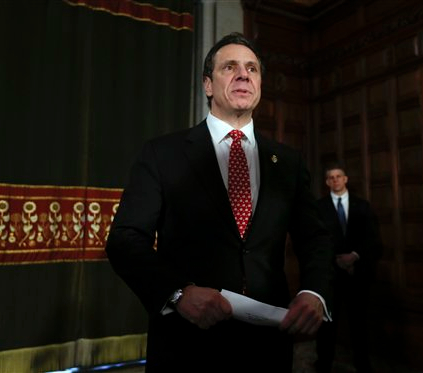NYC lawyer group critical of Criminal Justice Reform Act

The New York City Bar Association (NYCBA) wants to send state criminal justice reform efforts back to the drawing board. On Monday, the lawyers’ group issued its public comments on Gov. Andrew Cuomo’s Criminal Justice Reform Act of 2015.
In general, the NYCBA agreed with Cuomo on the need for criminal justice reform but were critical of the specific reform initiatives — in particular, efforts to reform the grand jury process.
“[W]e believe that the proposed reforms would not achieve the Act’s intended goals and therefore require further study in order to be effective,” the NYCBA concluded in its report on the Act.

Brooklyn Boro
View MoreNew York City’s most populous borough, Brooklyn, is home to nearly 2.6 million residents. If Brooklyn were an independent city it would be the fourth largest city in the United States. While Brooklyn has become the epitome of ‘cool and hip’ in recent years, for those that were born here, raised families here and improved communities over the years, Brooklyn has never been ‘uncool’.